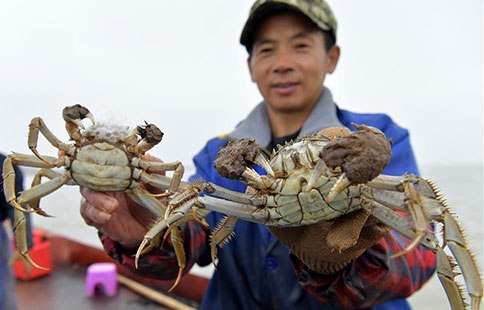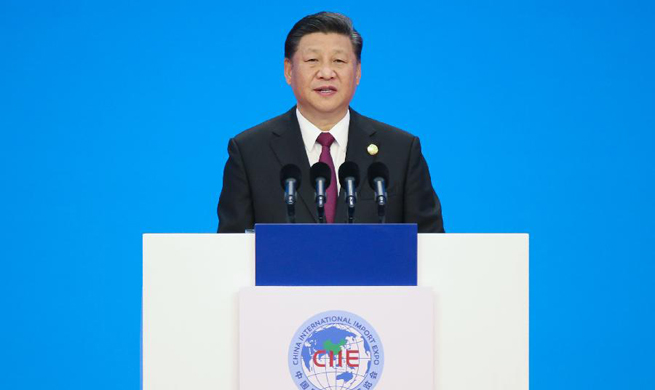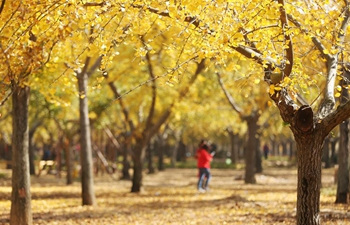CANBERRA, Nov. 7 (Xinhua) -- Australia's peak scientific body has successfully eradicated an invasive ant from a World Heritage listed island, potentially saving its volatile ecosystem.
The Commonwealth Scientific and Industrial Research Organization (CSIRO) said on Tuesday that the African big-headed ant has been wiped out from Lord Howe Island, a 15 square-km island off the nation's east coast.
Ben Hoffman, a member of the eradication team, described the achievement as one of the most significant eradications of an invasive ant species in the world.
The African big-headed ant is considered one of the world's 100 worst pests because of its tendency to create super colonies and reduce the abundance of native animals in a region by 85 percent.
"Invasive ants pose a huge threat to Australia's diverse plant and animal life, our agriculture and our economy and it's estimated that governments will spend around 500 million Australian dollars (361 million U.S. dollars) over the next 10 years attempting to control or eradicate them," Hoffman said in a media release on Wednesday.
"Ants are among the most abundant and diverse fauna in the world, and play an important role in ecosystem health. However, invasive ants cause harm to local ant species which can have devastating impacts to local ecosystems," Hoffman said.
Lord Howe Island was added to the World Heritage list in 1982 in recognition of its high level of species diversity.
The CSIRO researchers deployed almost 200,000 lures, the equivalent of 13 per square meter, on the island to track the ant population after mapping and baiting the colonies.
"Once we were able to establish the right method for eradication, we were able to eradicate this invasive ant within three years," Hoffman said.
"The eradication technique we developed can be used for other species of invasive ants, and we're hoping to use it again in other areas of priority across Australia," the expert said.
Importantly, the CSIRO found that using ant bait had no negative impacts on the rest of Lord Howe Island's ecosystem.
During the course of eradication, researchers re-discovered the Lord Howe Island Phasmid, a stick insect that was thought to be extinct on the island.

















